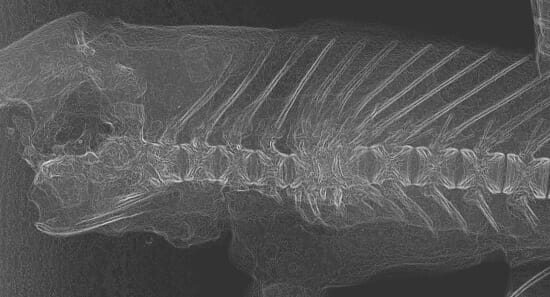Sterile salmon – reducing the environmental impact of farm escapees
The study used a method known as triploidy to induce sterility in Atlantic salmon. The results suggest that in order to successfully integrate triploid salmon into the industry, some modifications are required to the current protocols used today to prevent heart and skeletal deformities.
Salmon farming is a major industry in Norway. However, environmental concerns remain over the industries impact on wild salmon populations. Hundreds of thousands of farmed salmon are reported to escape in Norway each year and these fish can breed with wild fish creating hybrids that are less adapted for life in the wild. The use of sterile fish would prevent this situation.
Triploidy, whereby the individual retains the genetic material using discarded during fertilisation, is the most feasible method to produce commercially available sterile fish. Indeed, triploids are currently used in global shellfish production and salmon production in France and Australia. However, previous work has shown triploids to have more skeletal deformities and lower temperature optima than the diploid salmon currently used in Norwegian aquaculture.

Thomas Fraser’s thesis is a study of the potential use of triploid salmon in Norwegian aquaculture in relation to culture practices and heart and skeletal deformities. The main finding of the thesis is that using current culture practices triploids do have higher levels of skeletal deformities than diploids. This difference is greater when the salmon are incubated at the higher ranges of temperatures used in the industry.
In addition, triploids had a higher prevalence of heart deformities when incubated at the higher temperatures. Triploids also demonstrated a greater adverse effect to vaccination than diploids when vaccinated at high water temperatures, as would occur if fish were vaccinated during the summer/early autumn months. Therefore, special consideration with respect to water temperature is required in the production of triploid salmon.
In summary, sterile triploid salmon show potential for use in the Norwegian salmon farming industry although they are likely to require alterations in culture practices to achieve their greatest potential.
MRes Thomas William Kenneth Fraser defended his doctoral research on 6 December 2013 at the Norwegian School of Veterinary Science with a thesis entitled: 'Deformities and morphology of the heart and skeleton in triploid Atlantic salmon: The influence of production strategies and their impact on welfare'.




